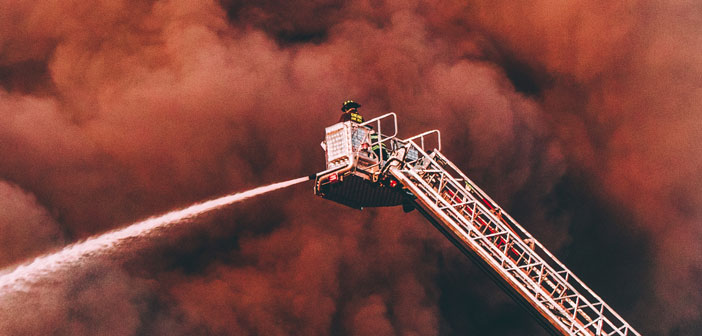Authors’ Note to Readers: As formerly incarcerated researchers, we do not advocate for imprisonment to solve systemic social problems. We are also cognizant that prisons can and do exist in California. Please do not misunderstand our policy recommendations as an endorsement of incarceration, forced idleness, coerced labor, or the more extensive criminal legal system.
Abstract
Much has been written about the California Department of Corrections and Rehabilitation (CDCR) conservation camp program, also known as the “fire camps,” in which incarcerated men, women, and juveniles work as firefighters battling wildfires throughout California. However, few incarcerated firefighters have had the opportunity to turn that experience into a career upon release because of restrictions on people with felony convictions. This research project uses semi-structured in-depth interviews with 19 people who worked as firefighters while incarcerated in California to shed light on their experiences seeking work after being released and their views on how to support formerly incarcerated firefighters. We find that incarcerated firefighters performed meaningful and heroic work, and that the fire camps offered benefits such as shortened sentences, safer and more comfortable living conditions, and improved relationships with other incarcerated people and with loved ones on the outside. However, fire camp workers also undertook difficult and dangerous tasks, receiving low pay and little recognition. Though many wished to pursue careers in firefighting, they were usually discouraged or blocked from doing so. Based on our research participants’ experiences, we recommend expanding eligibility for the fire camp program to more incarcerated people, expanding the felony expungement process to benefit formerly incarcerated firefighters, creating direct pathways from the fire camps to firefighting careers, and piloting the fire camp model in another trade.

